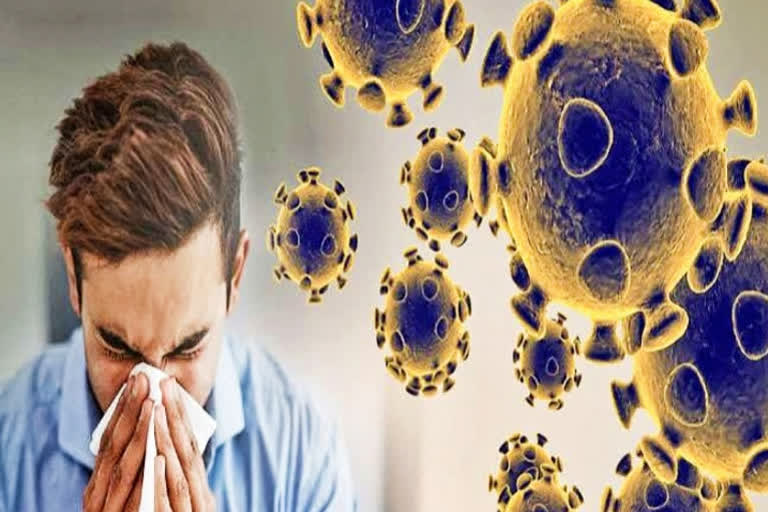Hyderabad: The Smithsonian Science Education Centre (SSEC) has created a guide for children aged 8-17 years to make them understand the science and social science of COVID-19.
Smithsonian collaborated with the World Health Organization (WHO) and the InterAcademy Parternship (IAP) to develop ‘COVID-19! How can I protect myself and others?’
Smithsonian Science Education Center director, Carol O’Donnell said: “We are immensely grateful to WHO, the IAP, our colleagues at the Smithsonian and other senior project advisors and translators for their perspectives and technical support in ensuring the science is accurate. We are also grateful to the Gordon and Betty Moore Foundation for their support during the development of this module.”
The guide, which is based on the UN Sustainable Development goals, will help young people to take actions to keep themselves, their families and communities safe.
The guide consists of a set of seven cohesive student-led tasks, each driven by a question that youths can have about Coronavirus:
- What is the impact of COVID-19 in the world?
- How to practice hand hygiene?
- How to maintain physical distancing?
- How to maintain respiratory hygiene?
- How to research more information about COVID-19?
- What actions can I take right now on getting new scientific knowledge?
- How can staying informed can improve health?
Each task has been designed in such a way that it can be completed at homes.
The guide includes updated research, activities and quotes from scientists and frontline health officials. It is free and will be available for youths in more fifteen languages, especially in African and Asian languages.
“Through this project, the Smithsonian Science Education Center makes science exciting and approachable for children and youth all over the world and encourages them to learn by doing” said Dr. Soumya Swaminathan, chief scientist at WHO said in a news release.
“With all the myths and misconceptions out there, it is important for children and youth to understand the nature of this pandemic and what can be done to prevent future pandemics from happening,” she further added.
IAP President Professor Volker ter Meulen said: “It is so important for children—wherever they are in the world—to develop their scientific understanding and rational thinking.”
Meanwhile, SSEC is transforming K-12 Education in science with collaborations with communities across the globe.
Also Read: cost-effective-kit-used-for-coronavirus-tests-launched



